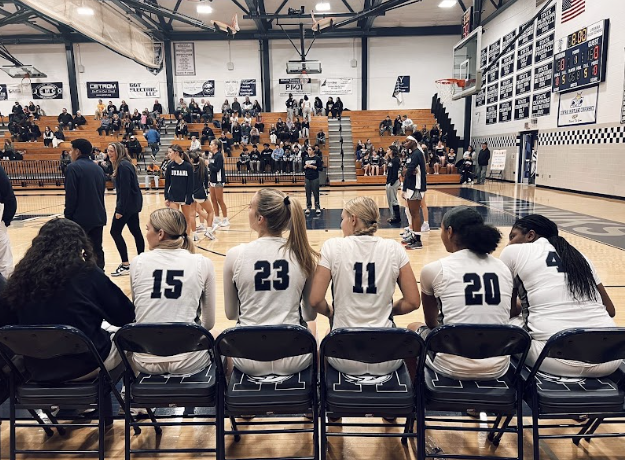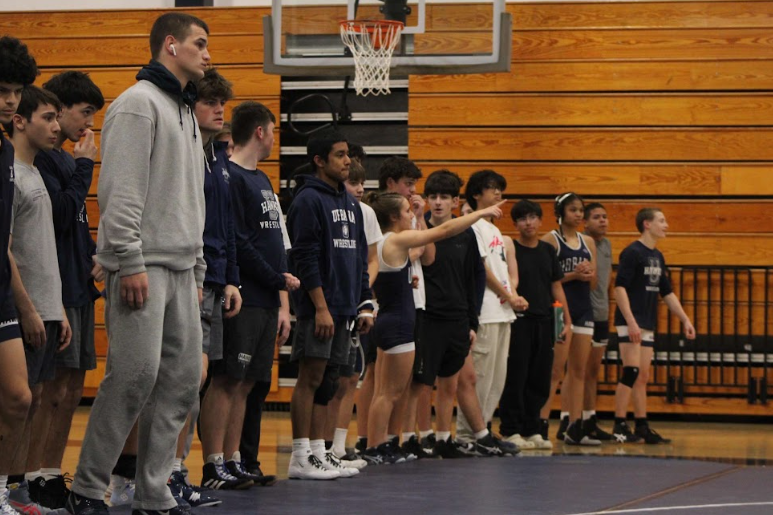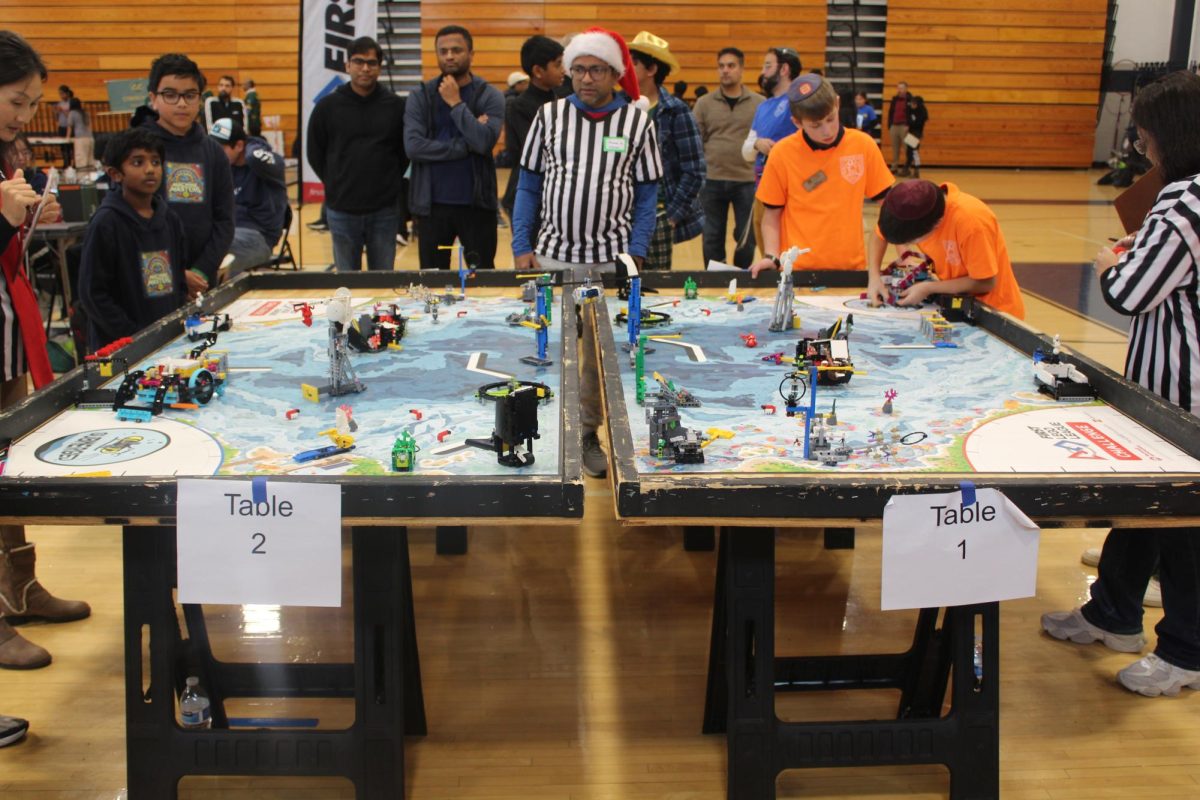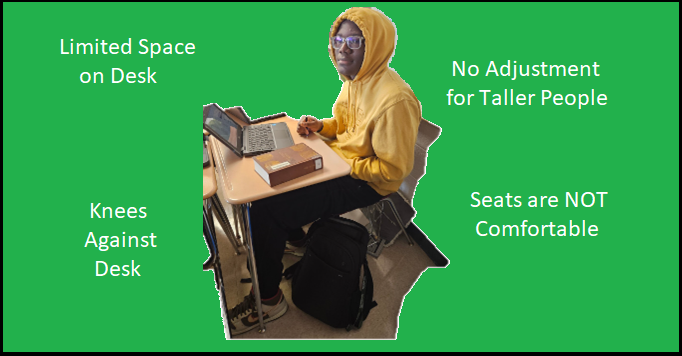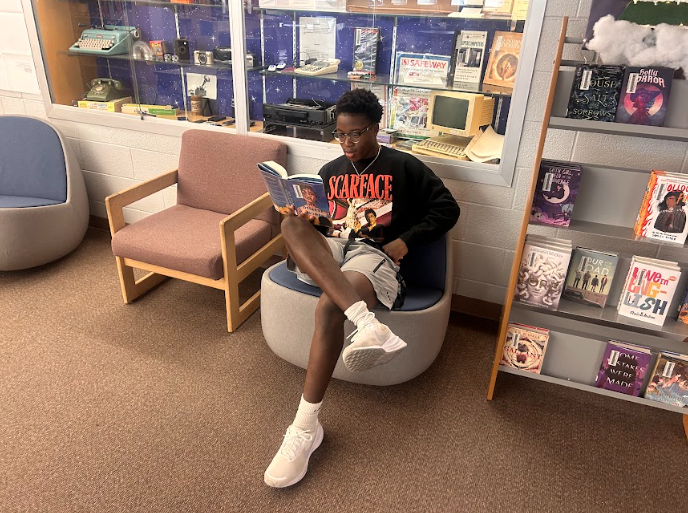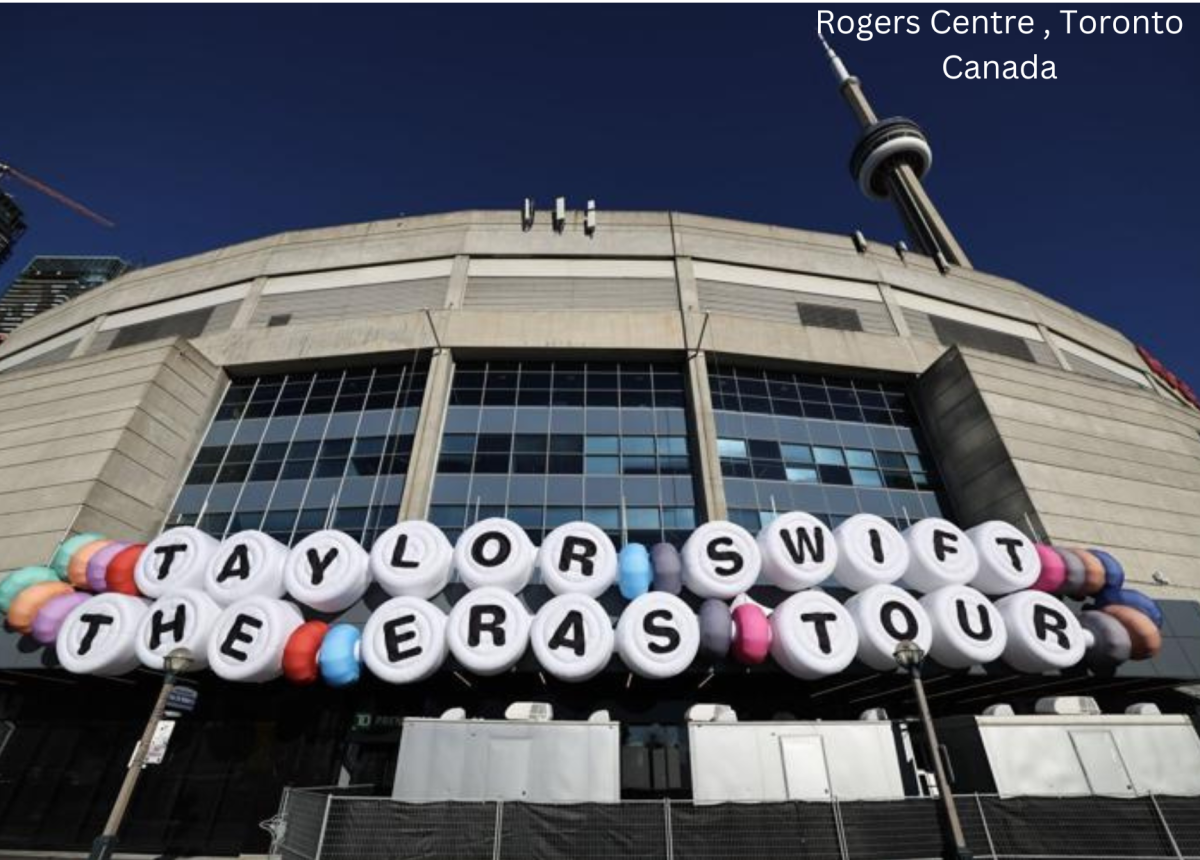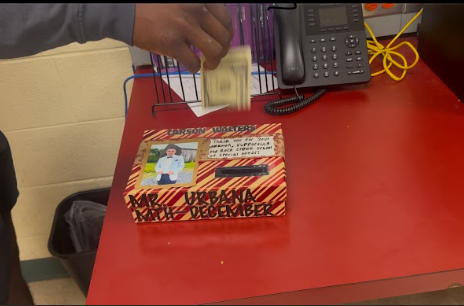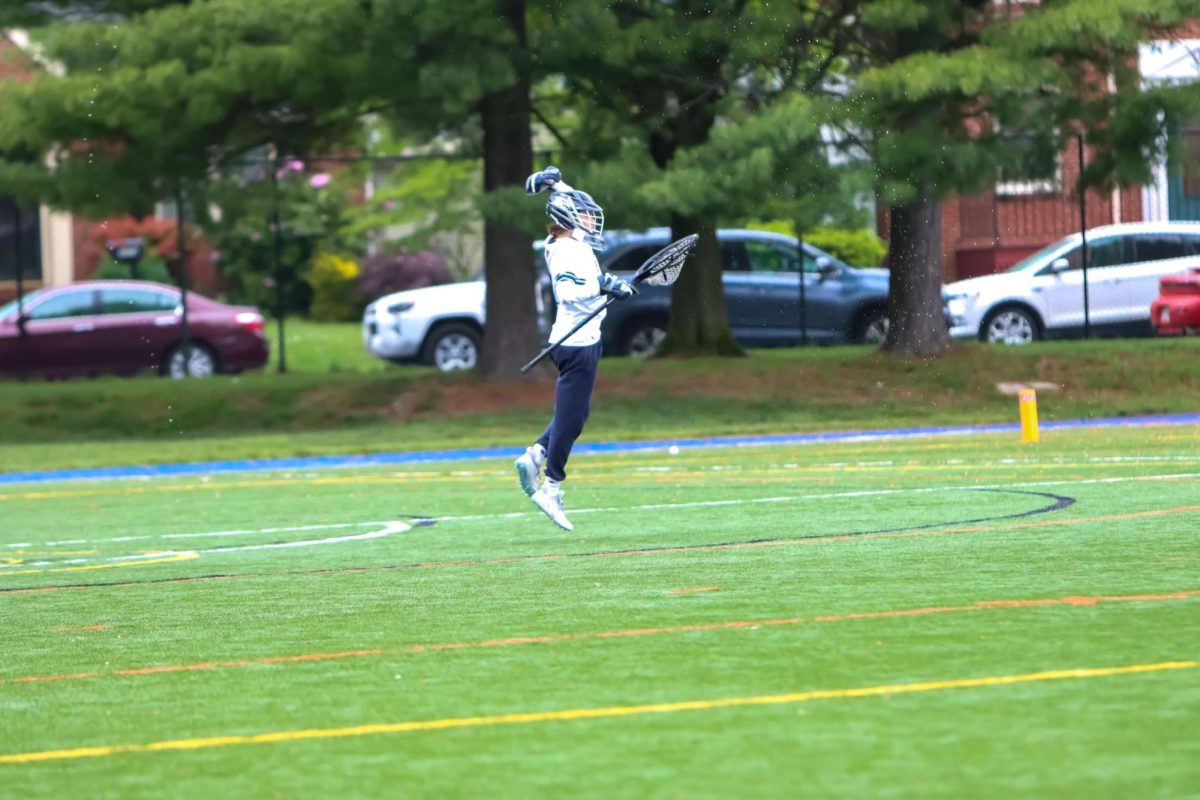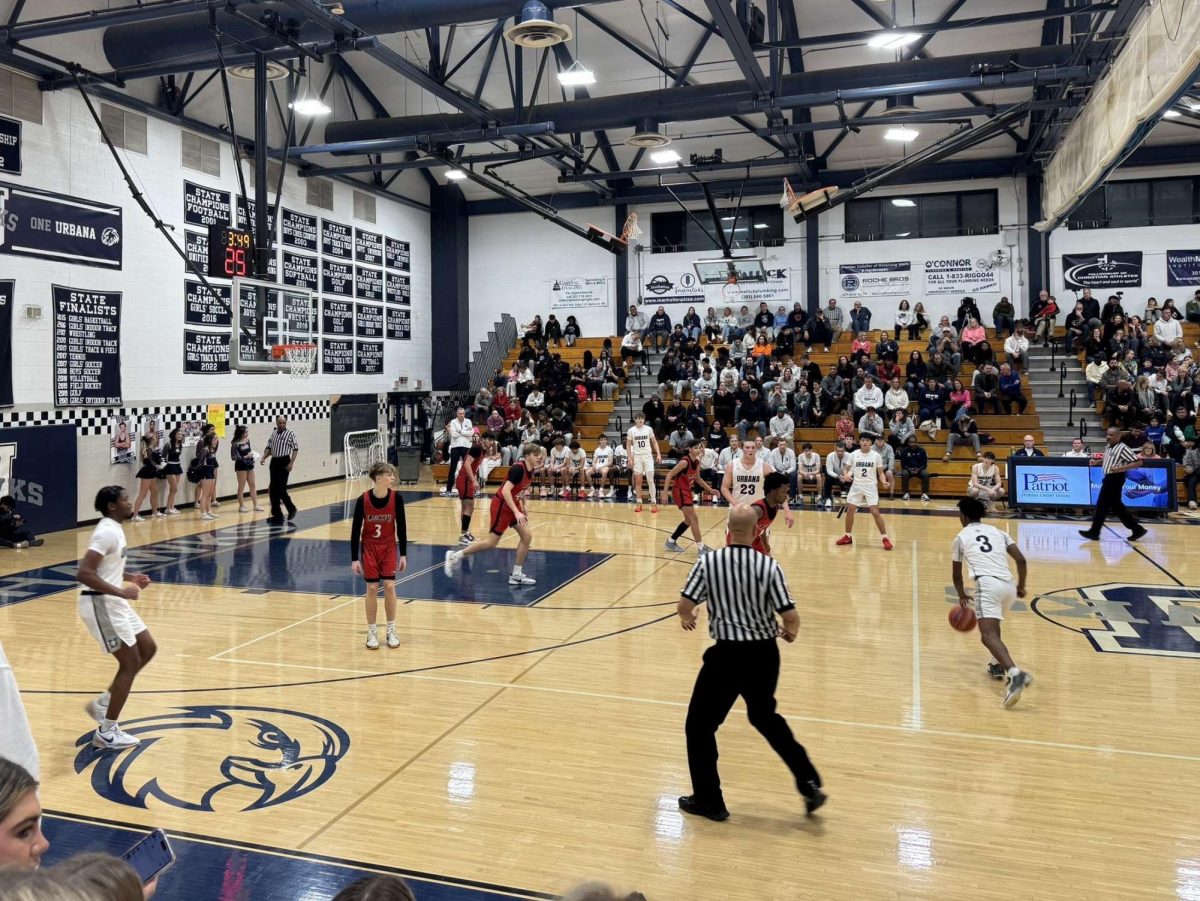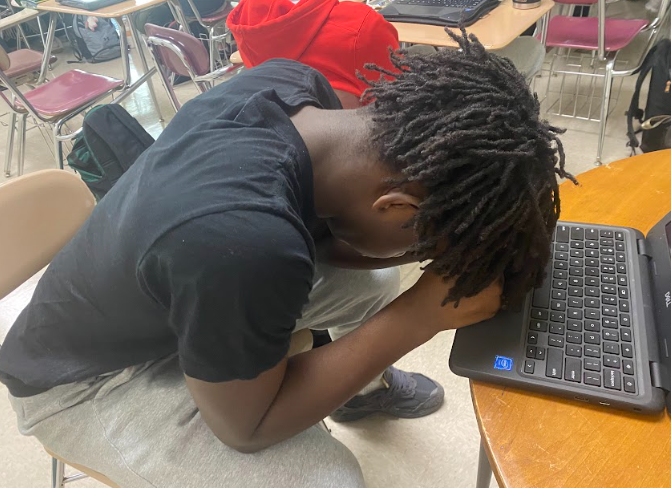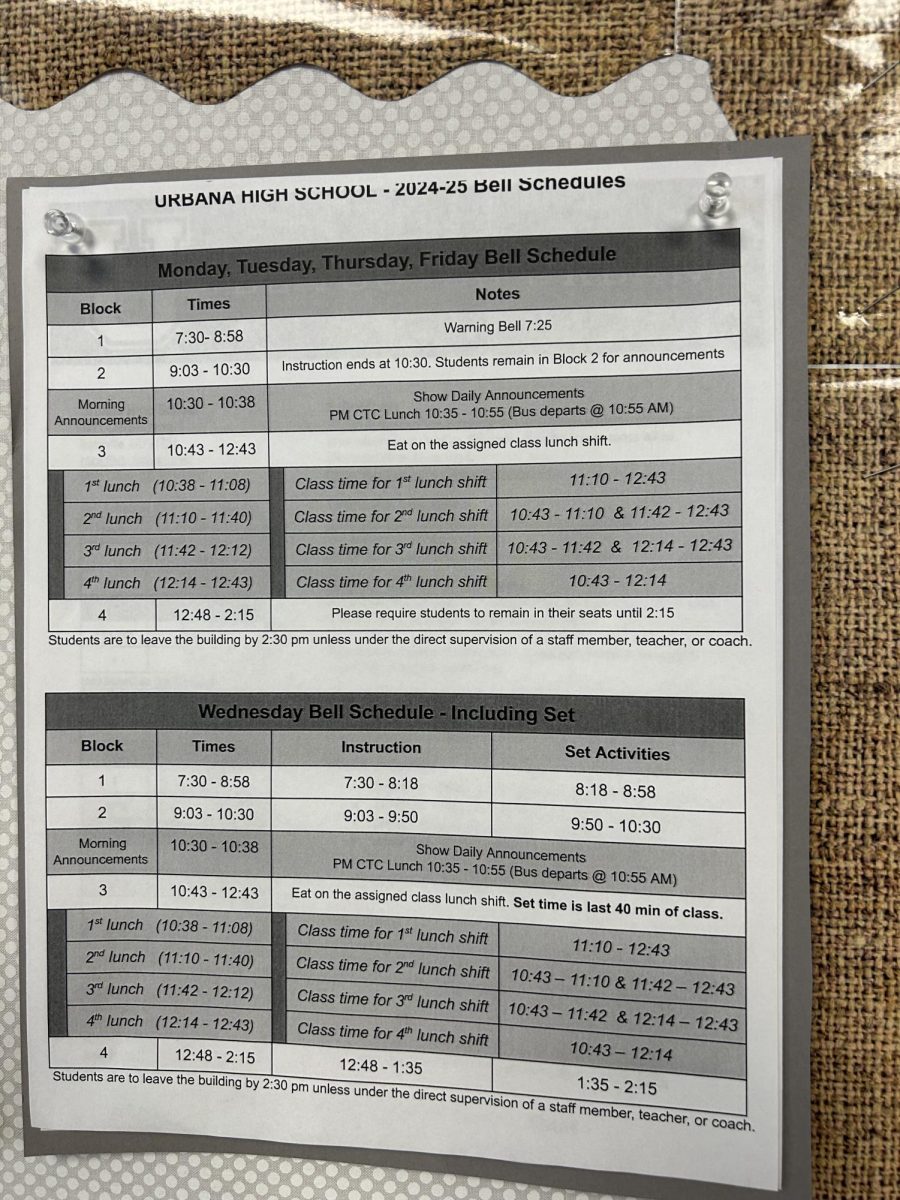It’s Complicated: An Athlete and His Sport
November 17, 2015
Many people know me as Samuel Safdari: tennis kid. That might be the first thing that pops into people’s minds when they think of me, and many people attribute my time, commitment and passion for the sport to what they interpret as unconditional love for the game.
However, my relationship with this sport is anything but calm and steady. Through the years, I’ve had my fair share of drama and hate for the sport, as well as the jubilant and special times. Being an athlete is hard. Watching from the sidelines, people rarely perceive the effects a sport can have on a player’s life.
Fans have many preconceptions about tennis. What you see on TV is not exactly what you go through in competitive USTA (United States Tennis Association) tournaments. It tends to be ugly. It tends to be difficult. It tends to be heart-wrenching. It tends to be painful. The pressure to win is being placed on one person’s shoulders and people underestimate how lonely that can be. Even if there is a huge crowd watching your match, you are still by yourself. When I’m on a court, it’s like I’m in a cold vast landscape. There is no one there but me. I purge the emotions from myself as best I can, and I draw upon the vast amount of practice I have put in.
It’s easy to stay calm and collected… in the beginning. And then your mistakes slowly creep in. You hit a forehand out. You double-fault. God forbid you miss an easy put-away overhead. And it creeps on you slowly eating at your being, until all you can think is, “Why?” Why am I playing badly? Why am I doing poorly? Why am I angry? Why am I subjecting myself to this? Why? Why, why, why, why, why? This just covers the mental aspect.
The conditions of the court can make a tennis match brutal, as if it weren’t a challenge just to play your best anyway. Every odd number of games played, you have a break before switching sides of a tennis match. However, theoretically a game can last forever. Since you need to win by two points every game, games can be a really exhausting and draining affair. The sun beats down on your back as you use every weapon in your arsenal and every stratagem and trick you have in your wealth of knowledge in an attempt to either force an error or hit a winner, all while making sure your opponent doesn’t do the same to you.
People may ask why we let all of these things bother us. Others may ask why we even bother in the first place. And any tennis player, or perhaps any other athlete will tell you: to avoid and escape the indescribable and excruciatingly painful experience of a loss.
Often times, athletes deal with these overwhelming emotions by developing coping mechanisms that allow us to deal with these expereiences. Whenever I played poorly or just got tired of putting up with my coach or practice, I quit. Many, many, many, many times, I quit. Many people scream about how they are going to quit a sport whenever they play poorly. However, I actually quit almost every week. And I actually didn’t go to practice, I stopped training, cut myself off from all my tennis friends and kept myself away from anything even remotely resembling tennis. I feel as though many athletes distance themselves from the sport that they play when they are not performing as they feel they should. Coping with not living up to others’ and even your own expectations can be a daunting and frightful experience. I think that everyone goes through these emotions to some degree. We always expect ourselves to do well and when we don’t it can be extremely upsetting.
It’s easy to dismiss the struggles athletes face as being unwarranted. After all, they signed up for it, right? They wouldn’t be playing the sport if they didn’t absolutely love it. But people have complicated relationships with their sports. If someone gets injured, they might resent the pain that their sport has them put them through. They may play because of the expectations of others. They could play because of habit, or because they don’t want to change to something else. The reason I point this out, is because people assume I love the game of tennis. And although I do, my love for the game isn’t the love people imagine it to be. My relationship with tennis as well as the relationship between any athlete and their respective sport is messy, complicated and brutal.




